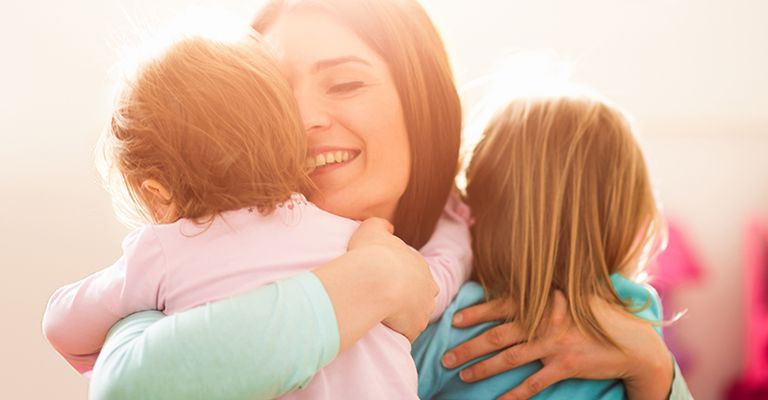Expectation v/s Reality is one of the most important concepts that every parent needs to learn. If you want your children to become successful, you have to be realistic with them. If you expect them to live up to your expectations while they don't, then that will not work. There are two sides to every coin though. It's not bad to have expectations of your kids and it's important to have realistic expectations of them as well.

If you can make expectations v/s reality for both you and your child, then you're way ahead of the game. You have a better understanding of what your kids can handle and what they cannot. Your expectations will also help you and your child understand where their individual strengths and weaknesses lie so that they can grow both their skills and capabilities. I use the "expectation vs. reality" concept quite often in practice. Here are some examples of how to do that.
When I prepare a speech I don't know what I'm going to say and I know I don't know what I'm going to say but I have my ideas and my objectives in mind. I have a goal that I want to accomplish and I know exactly what I'm going to get out of it. When I give speeches I use the "expectation vs. reality" technique as well to make sure that I know exactly what I want to accomplish. I can be more open and honest with myself because I know what I want.
When you are expecting another to do something or make a decision, you have to be more objective with that person. You can't say that a child can do this or that without knowing if the child can do those things. In order to evaluate that a child is capable of doing something I use the "expectation v/s reality" technique. If the child is capable of doing the task I ask, "Can you do this?" and then compare that to the reality that I have described. If the child can do what is asked I know that I have succeeded and there has been a success in my expectations.
When I have two children who are fighting I always try to stay objective by saying, "The both of you are trying to fight here. This is terrible behavior." Then I remind them that it only makes things worse between them and that it is only natural for children to struggle and this is only one of many ways they are going to learn. I don't ever want to hurt anyone's feelings but rather help them become a better person. Sometimes the parents and children get too caught up in the situation to realize that it is simply not working and that the problem needs to be fixed for everyone involved.
Many times when a child does something that he is asked to do and he doesn't like it I immediately tell him to stop. If he continues, I then might remind him about why he did what he did and again I will give him some verbal feedback but this time in a different way than I did previously. For example I might say to him, "Remember when you said that you don't like having people around you all the time. It makes you angry and you might want to go find a new friend so you won't have to deal with that all the time."
When I talk to children about expectation, reality, and change I make sure I get them thinking about the things they expect to happen and about reality which is the same thing I describe above. If they can see that expectation and reality don't match up, they may be more willing to try something different. This is the key to changing their expectations. In fact, I encourage that whenever I have an argument with a child over a topic they should focus on the reality that I have described above and their expectations should match that. The reality that I am talking about is that they should never have unrealistic expectations because these unrealistic expectations usually do make things worse. Children need to understand how their world works and what their goals are.

They also need to know that although they have these expectations they should make sure they can meet these expectations. The last thing that you want your child to do is to try to push his or her ideals or world view too far because this can cause the child to feel uncomfortable and self-critical. I always tell parents that the sooner that you teach children about reality the better off that they will be as adults. Children will learn what is real and what is fantasy very quickly. As an adult you will be able to see through your child's world view if they are living in reality or not. If not you can make changes so that your child is living in reality.